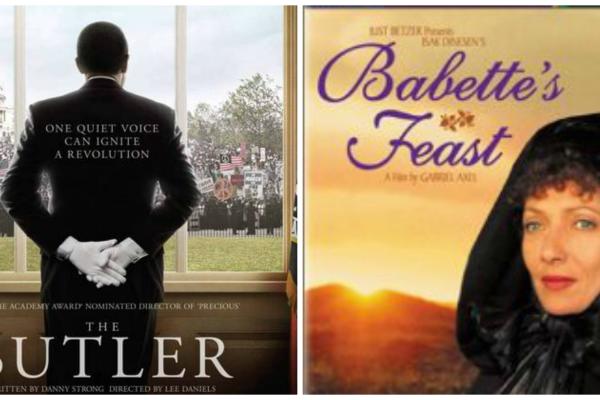LEE DANIELS’ The Butler, a century-spanning tale of race in the United States and service in the White House, is a dream of a film—by turns historically realistic and magically fable-like. It’s a perfect companion piece to last year’s Django Unchained, in that case a movie whose tastelessness wrapped up as fabulous entertainment forced audiences to engage with a deeper level of the shadow of U.S. history.
Based on the story of Eugene Allen, a black man who served multiple presidents in a White House that took its own time to desegregate its economic policies for domestic staff, The Butler begins with a rape and a murder of plantation workers by the son of the boss. The ethical quality of the film is immediately apparent. This horror is not played for sentiment, nor even spectacle, but to evoke the very ordinariness of monstrosity.
This makes The Butler a rare film: one more interested in confronting us with a kind of previously unspoken truth than in goading us to feel the catharsis of guilt-salving by association. (It’s the antithesis of films such as Mississippi Burning, which use white protagonists to tell black stories and appear to believe that we can somehow participate in the virtue of the civil rights movement just by watching a movie about it.) The makers of The Butler have told a kind of truth about the struggle for “beloved community” that has rarely been seen so clearly on multiplex screens. The film illustrates the serious and painful work of nonviolence and invites us to consider the political and cultural tensions within the black freedom struggle, while giving a more humane perspective on the presidency than is often the case. We can hope the door is now open to more reflective cinema about the unfinished business of the black civil rights movement, broken relationships, traumatic memory, and how we tell the story of who we are.
Another film with service at its narrative core was recently re-released on Criterion Collection DVD/Blu-ray—the Danish parable Babette’s Feast, in which the sacrament of eating together in community becomes a means of grace. The religious adherents on the island where Babette lives don’t know what the sacred text is for. The mirror Babette furnishes for them lets their reflections become a holy gaze. Through the eyes of the other, people who have long since confused the letter of the law with its spirit become what they were made to be: lovers of life. Watching the film does that for audiences too.

Got something to say about what you're reading? We value your feedback!
